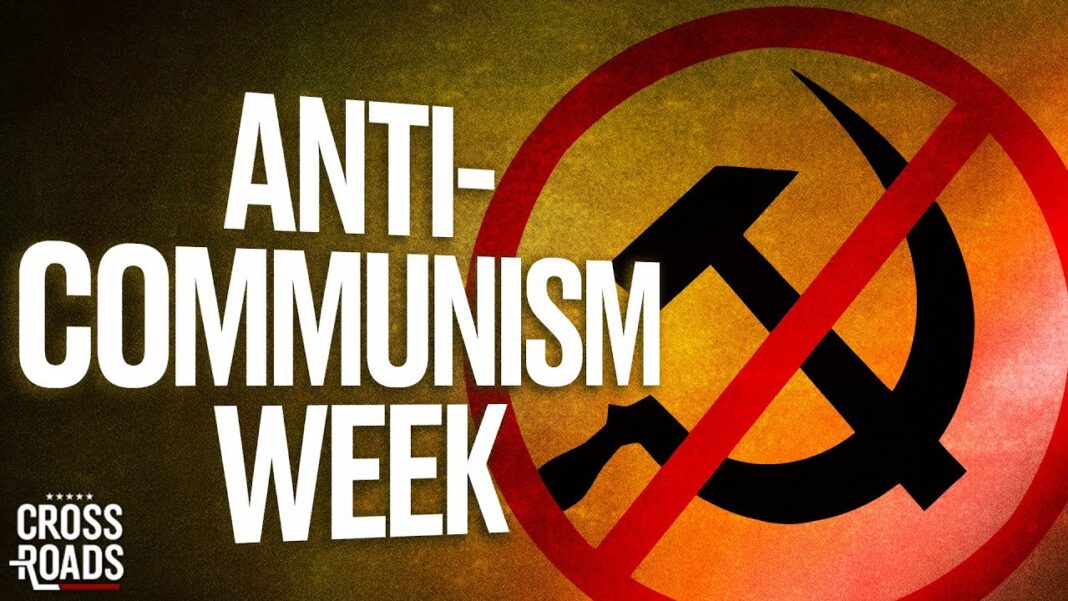In the landscape of modern Western activism, particularly among progressive and “woke” circles, there’s a glaring inconsistency that demands scrutiny: the massive outpouring of support for Palestinian civilians amid the Israel-Hamas conflict versus the deafening silence on the atrocities in Sudan’s Darfur region. Since October 2023, thousands of marches, rallies, and campus occupations have flooded cities across the US, UK, Europe, and beyond, decrying Israeli actions in Gaza and demanding justice for Palestinians. Yet, as Sudan’s civil war rages into its third year by late 2025, claiming countless lives through famine, ethnic cleansing, and mass displacement, these same activist networks have mustered virtually zero comparable mobilizations. This isn’t just a disparity; it’s a damning indictment of selective empathy, where causes are cherry-picked based on political convenience rather than universal human rights. Let’s dissect this hypocrisy without mincing words.
The scale of pro-Palestinian activism is undeniable and, frankly, impressive in its organization. In the US, over 12,400 demonstrations occurred between October 2023 and June 2024 alone, involving millions of participants. Cities like New York, London, and Paris have seen weekly marches, complete with chants, signs, and social media campaigns amplified by influencers and celebrities. These events often frame the Palestinian struggle as a frontline battle against colonialism, racism, and Western imperialism, drawing in diverse coalitions from Black Lives Matter to climate activists.
Contrast this with Sudan: Since the conflict erupted in April 2023 between the Sudanese Armed Forces and the Rapid Support Forces (descendants of the infamous Janjaweed militias), over 10 million people have been displaced, and famine stalks millions more in Darfur. Allegations of genocide echo the horrors of the early 2000s, yet Western streets remain empty of mass protests. A search for documented marches yields scant results, perhaps a handful of small vigils organized by Sudanese diaspora groups, but nothing approaching the fervor seen for Palestine. Why the apathy? If the left truly stands for the oppressed, shouldn’t Black African lives in Sudan matter as much as Arab lives in Gaza?
This isn’t an isolated oversight. It’s a pattern in progressive activism, where causes that align with anti-Western narratives get amplified, while others languish in obscurity. The result? A movement that claims moral superiority but practices a form of boutique solidarity, prioritizing trendy issues over equally devastating ones.
Defenders might blame media coverage, and there’s truth there. Gaza’s conflict generates endless viral footage, while Sudan’s war suffers from journalistic blackouts due to danger and inaccessibility. But this excuse falls flat when you consider that activists pride themselves on uncovering hidden injustices. If the left can mobilize against obscure corporate exploitations or niche environmental threats, why not amplify Sudan’s plight through their own networks? The BDS movement has built a global machine for Palestine; couldn’t similar energy spotlight Darfur?
Deeper still lies ideology. Pro-Palestinian activism fits neatly into a worldview that vilifies Israel as a proxy for US imperialism, allowing protesters to target their own governments directly. Sudan, however, involves messy internal factions backed by regional powers like the UAE and Russia, without a clear “Western villain” to rally against. This selective framing reveals a hypocrisy: activism driven more by political expediency than by consistent principles. Some critics even point to underlying racial biases, where conflicts in sub-Saharan Africa receive less empathy than those in the Middle East, echoing colonial-era hierarchies that the left claims to dismantle.
Moreover, the intersectional alliances that bolster the Palestinian issue, linking it to anti-racism and decolonization, rarely extend to Sudan, despite shared themes of genocide and displacement. Calls to include Darfur in protests exist but are marginal, often drowned out by the singular focus on Gaza. This isn’t solidarity; it’s performative activism, where virtue-signaling trumps genuine global equity.
This hypocrisy doesn’t just expose flaws in the left. Instead, it harms the very causes they champion. By ignoring Sudan, activists allow atrocities to fester unchecked, while eroding trust in progressive movements. If “Black Lives Matter” is a core tenet, why the silence on Black Sudanese lives? True progressivism should be universal, not a popularity contest.
To move forward, the left must confront this bias head-on: diversify media consumption, build inclusive coalitions, and apply the same rigor to all genocides. Until then, the thousands of marches for Palestine juxtaposed against zero for Darfur will stand as a stark symbol of moral inconsistency. Human suffering isn’t a selective issue; it’s a call for unwavering action.







